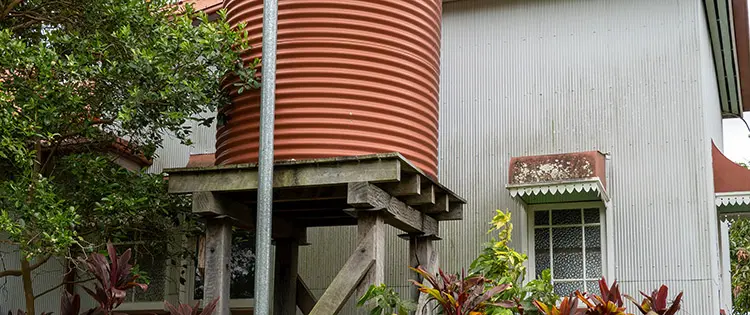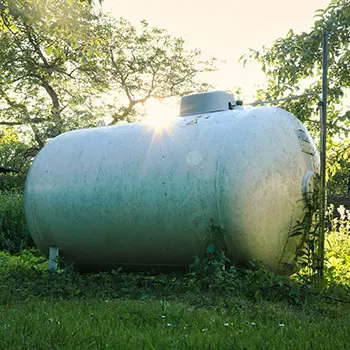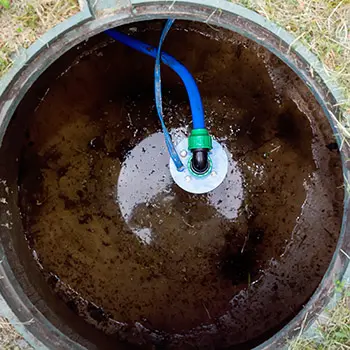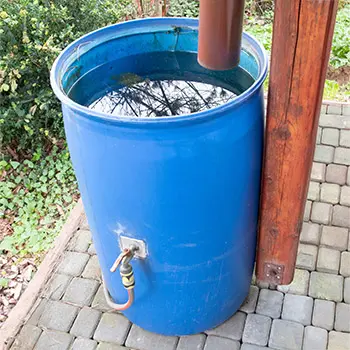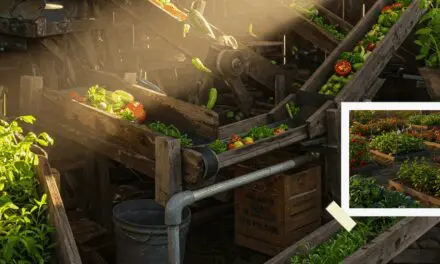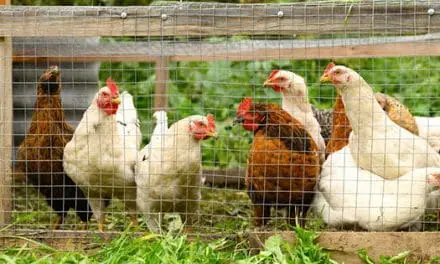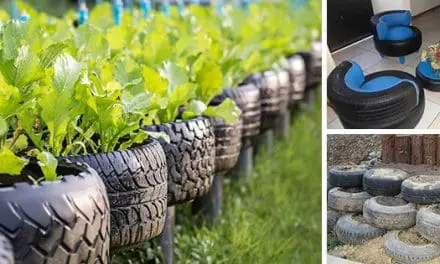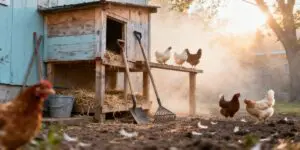When I was younger, I never gave much thought to the availability of running water.
Never once did I have to stress about not having enough clean water to drink, or about where the next shower was going to come from. My decision to spend a year living off the grid, in a modest hut in the mountains, with my family, was the turning point that caused everything to alter.
Even if you don’t plan on living without running water on purpose, it’s important to be prepared for the possibility that you may have to do so in an emergency situation.
For example, if a natural disaster strikes or there is a problem with the local water supply, you may find yourself without access to running water for an extended period of time.
In these situations, it’s important to have a plan in place for how you will meet your basic needs for water, such as by stockpiling water or having a way to purify and filter water from other sources.
It’s also a good idea to have basic sanitation supplies on hand, such as a portable toilet or toilet paper, to help maintain personal hygiene.
By being prepared and having a backup plan in place, you can minimize the impact of being without running water and ensure that you have the resources you need to stay healthy and comfortable.
Preparations For Living Off The Grid
Before making the transition to living off the grid, we took the time to educate ourselves about what was involved and made sure to prepare as much as possible.
Water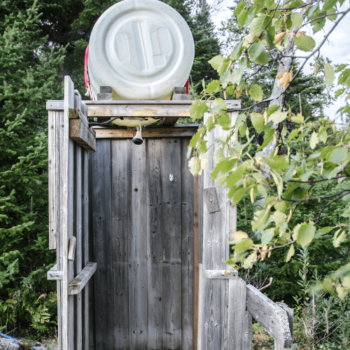
We acquired a portable camping shower, but you can also build your own off-grid shower system if you have the time and skills. We also installed a system to heat water using a propane tank, so that we could take warm showers.
Here’s an easy guide on how to build an endless hot water system without electricity.
We invested in a water filtration system that used sediment filters, activated carbon filters, and UV light to remove impurities from the water and provide clean drinking water.
In addition to the filtration system, we also used a rainwater collection barrel to ensure a reliable supply of clean drinking water. The barrel collected rainwater from the roof and, combined with the filtration system, helped to ensure that we had a consistent source of clean water throughout our year off the grid.
Laundry
To handle laundry, we had a hand-crank washing machine that required no electricity at all. We hung up our clothes outside to dry.
Cooking & Heating
We made sure to have enough supplies on hand to last us through the winter months when the water in the stream might be too cold to use.
We stocked up on bottled water and non-perishable food such as rice, beans, and canned goods. In addition, we purchased a propane tank for cooking and heating to ensure that we had a reliable source of energy during the colder months.
The propane tank allowed us to cook our meals and keep warm, even when the weather was harsh.
Electricity
In addition to these preparations, we also made sure to have a reliable source of electricity and energy.
We installed solar panels to provide electricity for our home, and we purchased a generator as a backup source of power in case the solar panels were not sufficient.
Related: Modular Backyard Power Plant Review
Emergency
When living under such circumstances, you have to be prepared for any emergency. We made sure to have basic first aid supplies and emergency equipment on hand, such as a flashlight, a portable radio, and a fire extinguisher.
By carefully planning and preparing for our transition to living off the grid, we were able to ensure that we had the resources we needed to live comfortably and sustainably.
Adjusting To A Lifestyle Without Running Water
At first, it was quite difficult to adjust to a lifestyle without running water.
We had to carefully plan our water usage and make frequent trips to the nearby stream to gather water for the kitchen and bathroom. We didn’t want to rely solely on the rainwater we harvested.
We had to be careful about conserving water in general, as we couldn’t just turn on the tap whenever we wanted.
We learned to use water sparingly and to take shorter showers. We also had to use an outdoor toilet, which was a new experience for us.
Related: Is It Legal To Harvest Rainwater In Your State?
Benefits
As the weeks and months passed, we began to see the numerous benefits of living without access to running water. One of the biggest benefits was the reduction in expenses, as we no longer had to pay a monthly water bill.
Additionally, because we had to be mindful of our water usage, we became more conscientious about conserving resources in general. This awareness of the need to save resources spread to other aspects of our lives too.
Sense Of Autonomy And Independence
Living without running water, gave us a sense of autonomy, as we had to rely on our own ingenuity and resourcefulness to find solutions to the challenges we faced.
For example, we learned how to gather and filter rainwater. We installed barrels to collect rainwater for later usage. Then we installed a water filtration system to remove any impurities before using the water for cooking, showering, or doing our laundry.
Fostering A Sense Of Community
Another advantage of living off the grid was the sense of community that it fostered.
Because we were isolated from the rest of the world and had to rely on each other for support, we developed a strong bond with our neighbors and the other families in the area who were also living off the grid.
We worked together to solve problems and help each other out when needed, which strengthened our sense of community and connection.
Having A Backup Plan
One of the lessons we learned during our year living off the grid is the importance of being prepared.
This experience served as a reminder of how critical it is to have a backup plan in place for any circumstance that may arise.
We learned the importance of having multiple sources of water and energy, as well as the importance of keeping a supply of non-perishable food and other essential supplies on hand.
We also learned the importance of being flexible and adaptable, as we had to find creative solutions to the challenges that we faced.
Related: States That Will Punish You for Harvesting Rainwater. Do You Live In One Of Them?
By being prepared and having a backup plan in place, we were able to manage the challenges that came our way and continue living sustainably off the grid. We hope that our experience can serve as a reminder to others of the importance of being prepared for any eventuality.
In general, being without running water for a whole year was a challenging but rewarding experience. It taught us the importance of being prepared, conserving resources, and appreciating the simple pleasures in life.
While it was difficult to adjust to a lifestyle without the convenience of running water at first, we discovered that there were many advantages to living off the grid, such as reduced expenses, a sense of autonomy and independence, and a strong sense of community.
I would recommend this experience to anyone looking to learn more about living sustainably and independently.
This article first appeared here.
Read This Before Stockpiling Water
DIY Pressurized Rainwater Harvesting and Purification System (Video)

